Why Iran has the right to be strict in Vienna talks
By Alireza Karimi
On May 8, 2018, the world media broadcast a picture of then-US president Donald Trump signing an executive order, a decree that ended the United States' partnership in the nuclear deal between Iran and the P5+1 group of countries (the UN Security Council's five permanent members plus Germany). The agreement, known as the Joint Comprehensive Plan of Action (JCPOA), had previously been considered by many countries and even by the Americans themselves the outcome of the success of multilateralism in international relations, but the US president annulled it with the stroke of a pen.
Much of Iran's benefits in the accord were enshrined under US commitments, but Iranians have always stressed that they were not properly implemented even when the United States was a party to the JCPOA. However, the story of the US withdrawal from the JCPOA did not end there. In addition to the restoration of previous sanctions and all-out expansion of restrictive measures under various labels, Washington blocked all parties that were seeking to implement UN Security Council (UNSC) Resolution 2231 by adhering to the JCPOA. Therefore, the United States demonstrated that it does not honor even a Security Council resolution which it had once voted for.
On the other hand, the three European signatories to the JCPOA (E3) were unable or unwilling to take an effective action to fulfill their obligations under the JCPOA following the US pullout from the deal. Thus, their financial mechanism to engage with Iran, called INSTEX, did not work in practice.
Nevertheless, Iran fully fulfilled its commitments under the JCPOA for a year since the US withdrawal from the nuclear pact.
Under what circumstances did Washington leave the JCPOA?
Trump signed the executive order to withdraw from the JCPOA while according to all International Atomic Energy Agency (IAEA) reports, Iran had fulfilled its obligations to the full and was under the strictest nuclear inspection and transparency regime. Tehran pursued the same path for a year after the US pullout from the JCPOA and again the IAEA reports confirmed this adherence.
During his election campaign, Trump had called the JCPOA the worst deal in the American history. Meanwhile, his friends in the Middle East encouraged him to scrap the nuclear deal with Iran, including Benjamin Netanyahu in the occupied territories, Mohammed bin Salman in Saudi Arabia and Mohammed bin Zayed in the United Arab Emirates. They, along with hardline US senators such as Ted Cruz and Tom Cotton - who had undeniable anti-Iranian views - and John Bolton - a National Security Adviser who later turned into Trump’s serious critic, paved the way for the United States to turn its back on its international commitment.
Although the JCPOA was severely criticized in Iran from the beginning for its imbalance of input and output as well as its approach with regard to trusting the US as a longtime enemy of the Islamic Revolution, the deal was respected and implemented as a decision of the then administration and Tehran did not renounce it.
Article 37 of the JCPOA and Trump's defeat in the election
Finally, one year after the US withdrawal, Iran began to reduce its nuclear commitments under the JCPOA. In Iran, a serious question on the minds of many people is: Why is the country still honoring the deal, despite the US pullout and the strict re-imposition of sanctions, which have led to economic problems and the suffering of the nation?!
However, the Americans may not be aware that this reduction of commitments was precisely based on an article of the same agreement, i.e. Article 37. The article, approved by the Security Council as part of an annex to Resolution 2231, states: Should sanctions be re-imposed fully or partially, Iran will regard this as a ground for suspending all or part of its obligations under the JCPOA. Accordingly, Iran's right to reduce its commitments under the agreement has been recognized and approved by the Security Council in the event that sanctions are re-imposed. The same declaration is also mentioned in Article 26 of the JCPOA. Thus, the picture projected by some US officials concerning the violation of the JCPOA is basically unrealistic.
With the suspension of Iran's nuclear commitments, which took place gradually and in several steps, a series of developments in the United States eventually put a controversial end to Donald Trump’s administration and brought Joe Biden to power. Biden, who was himself the vice president under the government that had reached the JCPOA with Iran, called for a return to the accord. Soon, however, the Biden administration showed that it was in no hurry to do so and that a return to its commitments under UNSC Resolution 2231 was essentially not a priority. As a result, Trump's sanctions against Iran have continued to this day.
Negotiations were held between Iran and the P4+1 (the remaining parties to the JCPOA) at the US presence to review the resumption of the US membership in the agreement. The talks continued for six rounds, but in practice they did not result in a US return to the nuclear deal as Washington refused to remove all sanctions imposed on Iran or to give the country a chance to verify the sanctions' removal.
With the elections in Iran and the government of President Seyyed Ebrahim Raeisi taking office, the Vienna talks were suspended for a short time and are scheduled to resume on November 29, 2021. But, what approach would Iran enter these negotiations with?
Iran has the right to be strict
It is almost clear that Iran's main purpose in participating in the talks is to remove the illegal US sanctions, which have caused the suffering of the Iranian people. The Iranian government feels responsible to act if there is a possibility to remove the sanctions under fair conditions. On the other hand, Iran has repeatedly stressed that it is ready to return to its full obligations under the JCPOA whenever other parties meet their commitments and the sanctions removal is verified.
However, Iran's experience shows that it cannot negotiate with a lenient approach towards the Americans. Washington easily violated UNSC Resolution 2231, reinstated and expanded sanctions against Iran, and even blocked the Iranians’ access to medicines and food. Additionally, it carried out terrorist acts against Iran and martyred the Iranian military commander on the soil of a third country. Naturally, without verification and receiving necessary guarantees, no agreement can be reached with a country that has such a history. This is while the Republicans are vowing that they will once again violate the deal if they take the helm of the US executive branch. Moreover, the possibility of Trump's return to power has become serious given Biden's poor performance and especially the debacle of the US withdrawal from Afghanistan.
And the question is, if Western politicians wanted to decide in a similar situation, would they be open to a new agreement and scaling back their nuclear programs without a guarantee? The answer to this question seems evident.
(The views expressed in this article do not necessarily reflect those of Press TV.)
IRGC: Iran holds upper hand in determining any war’s endgame
'Fingers on trigger': Iran warns of strong response while signaling openness to 'fair' deal
Iran’s power makes any hostile military action 'high-risk': IRGC deputy cmdr.
India's PM Modi pays tribute to veteran politician killed in plane crash
Slovak PM describes Trump’s state of mind as 'dangerous' to EU leaders
Yemen’s Ansarullah warns US of aircraft carrier deployment in Red Sea
Netanyahu plans to maintain Israeli ‘security control’ of Gaza
Even a limited US strike will bring regretful response: Iran


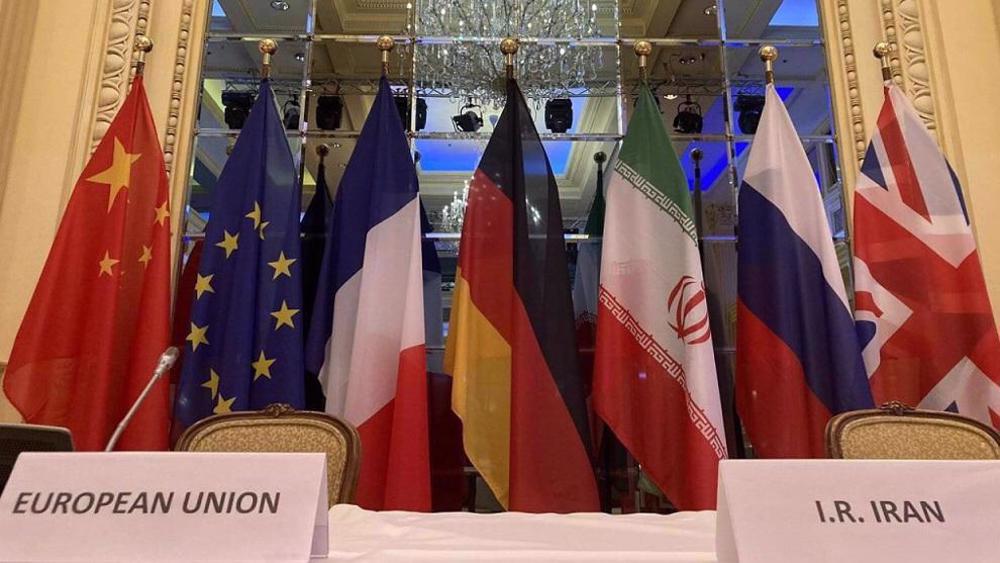
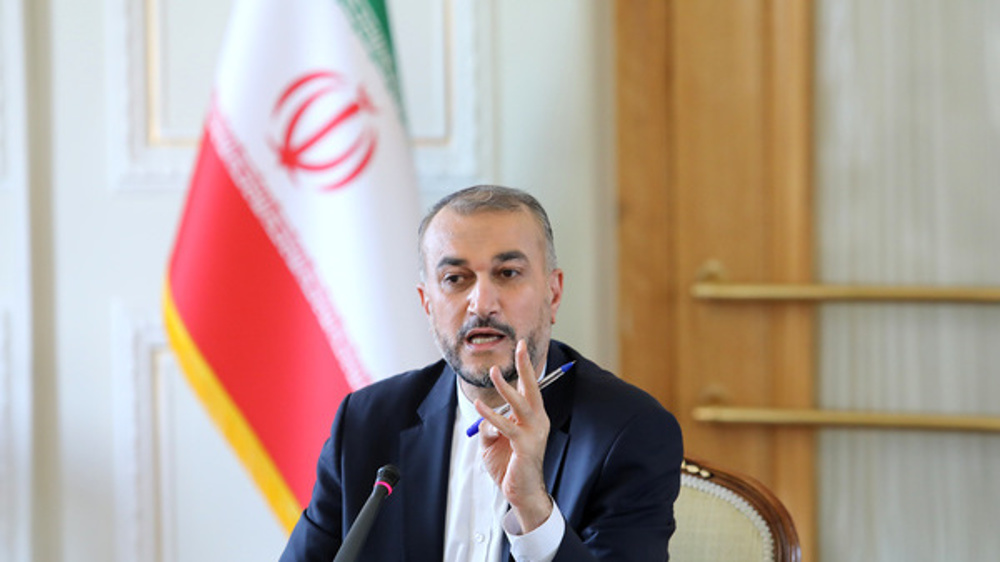

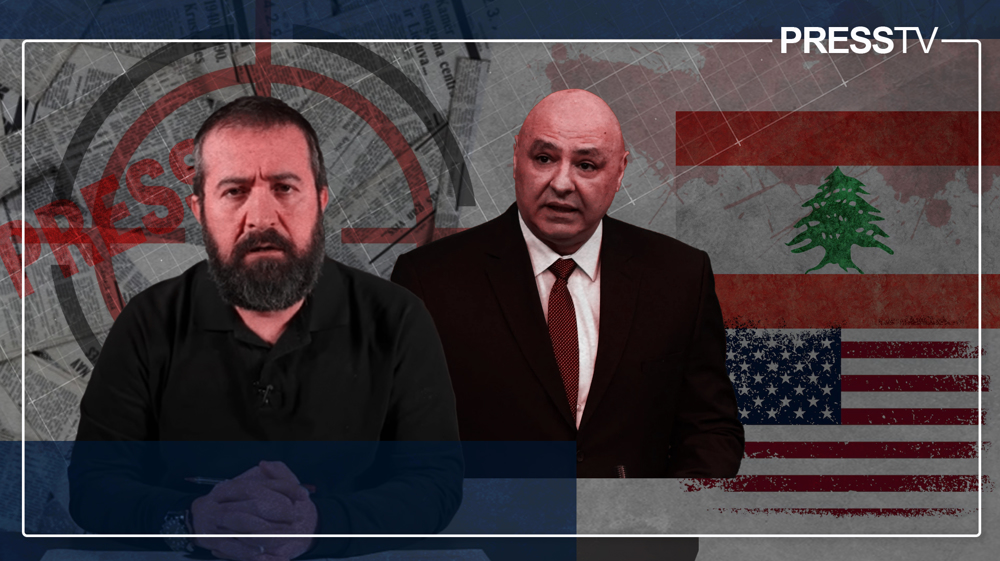
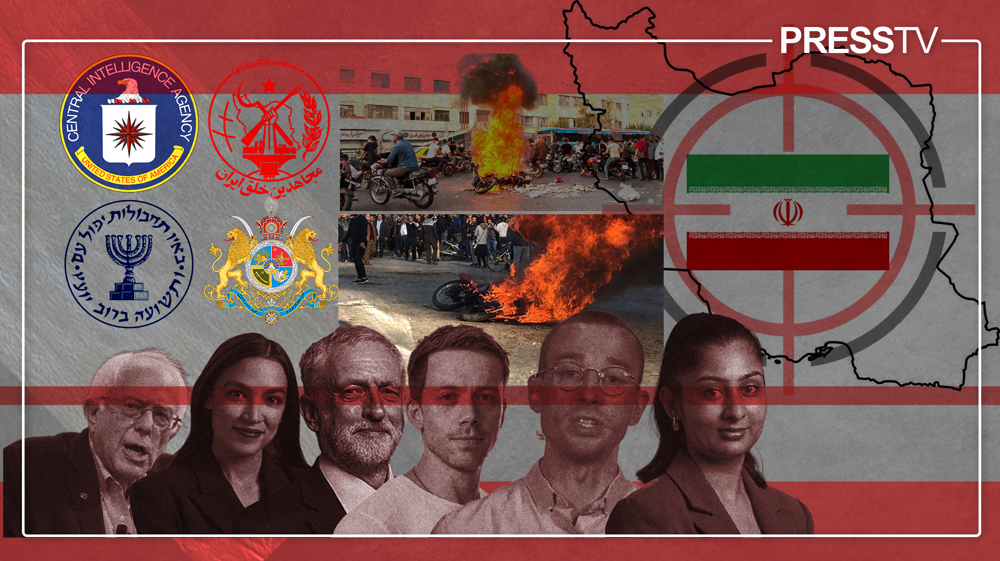



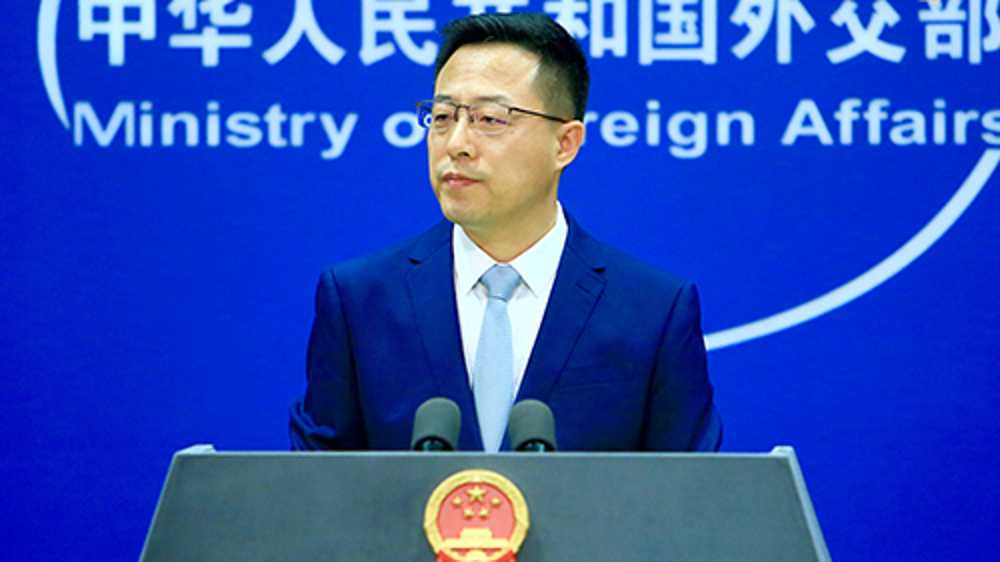
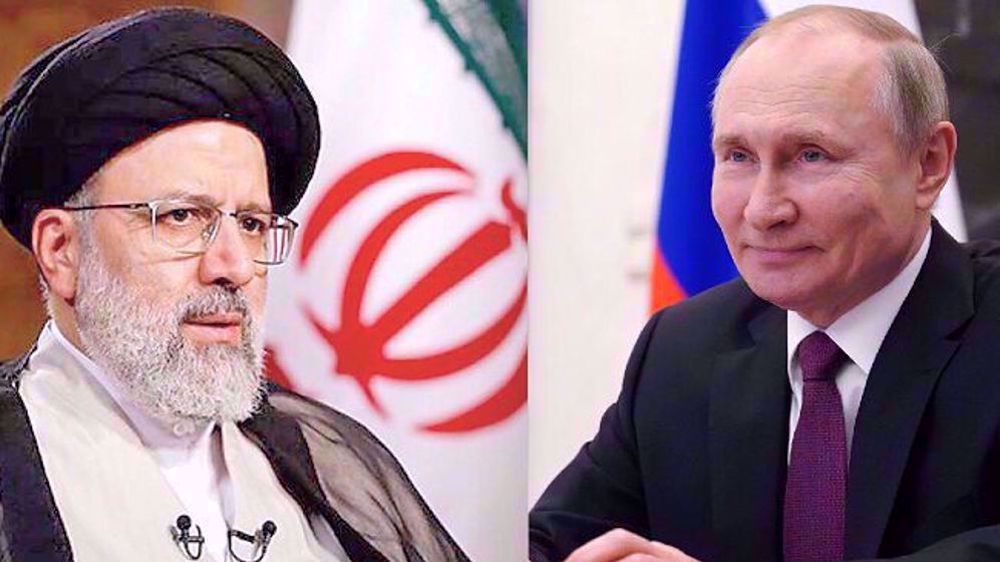
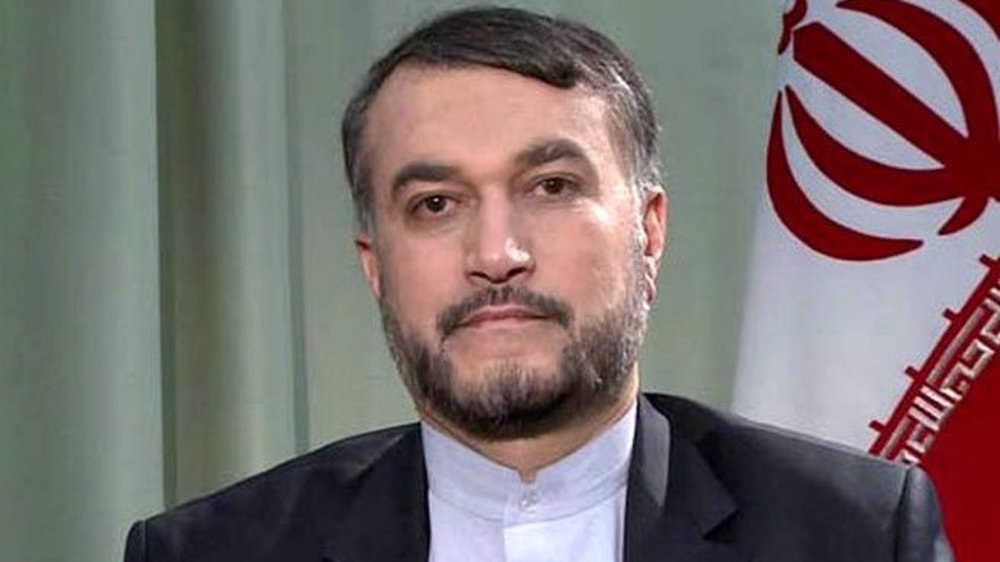
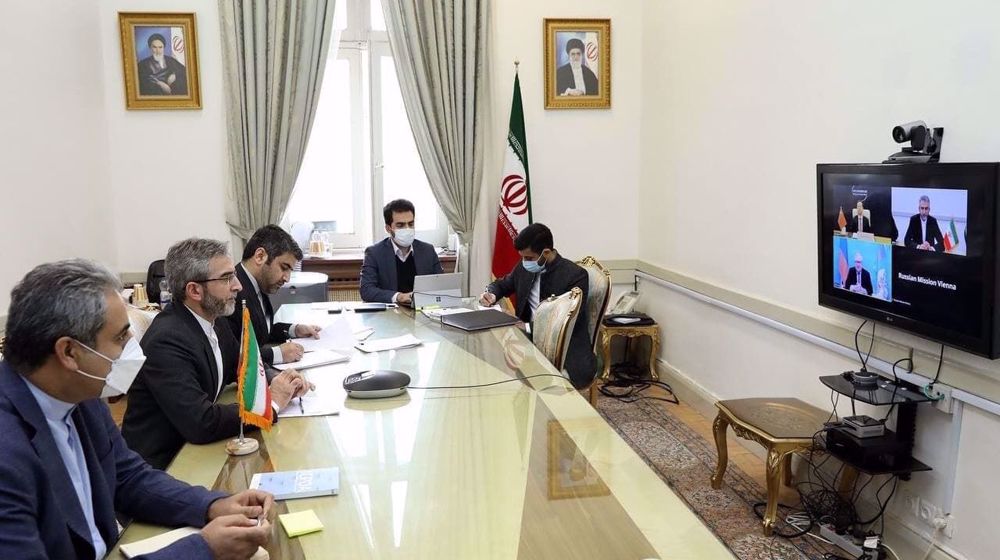
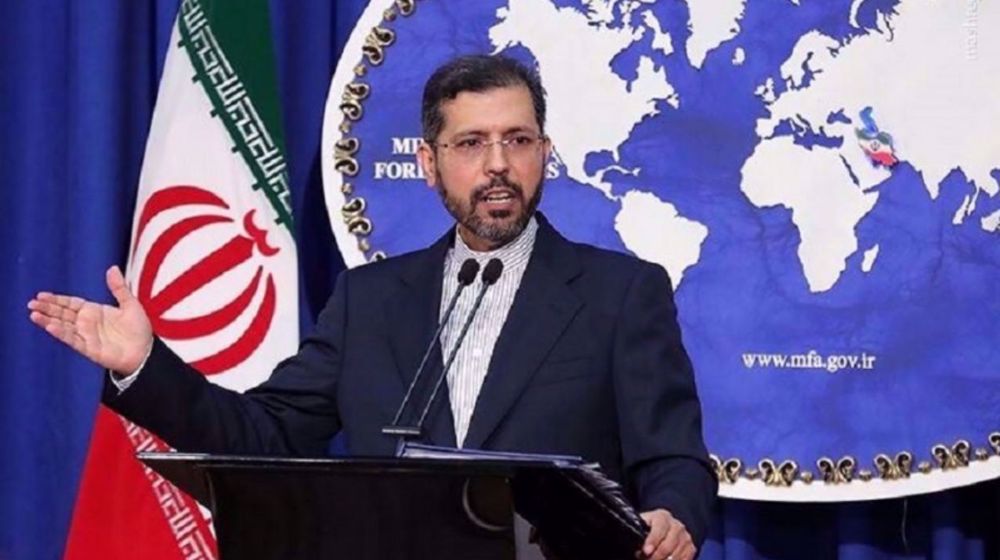

 This makes it easy to access the Press TV website
This makes it easy to access the Press TV website